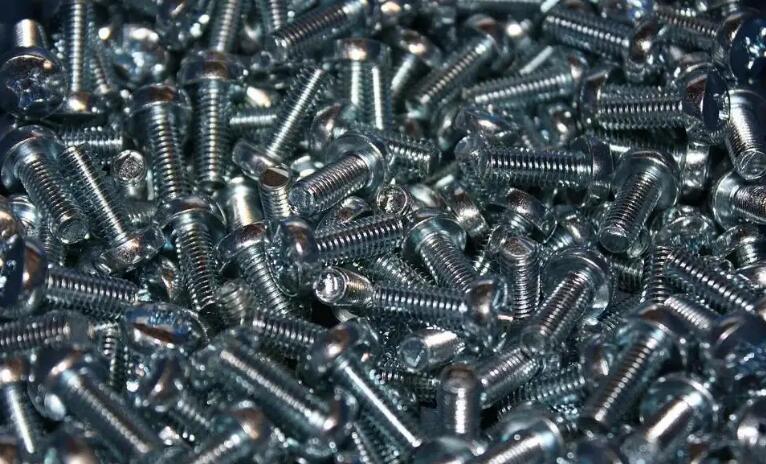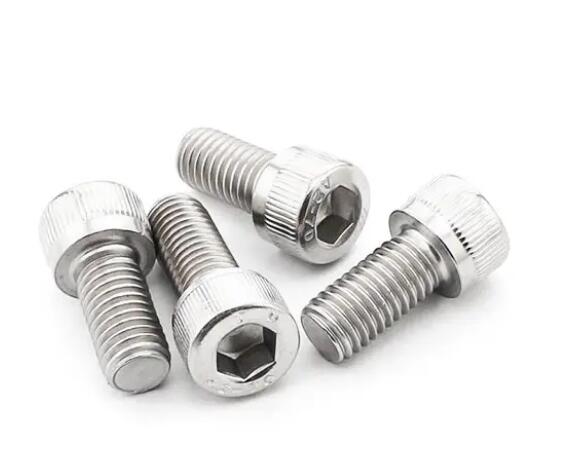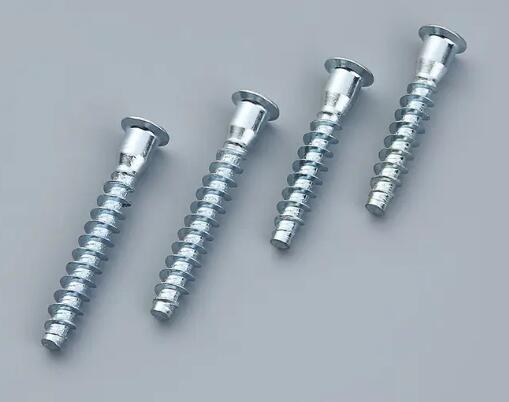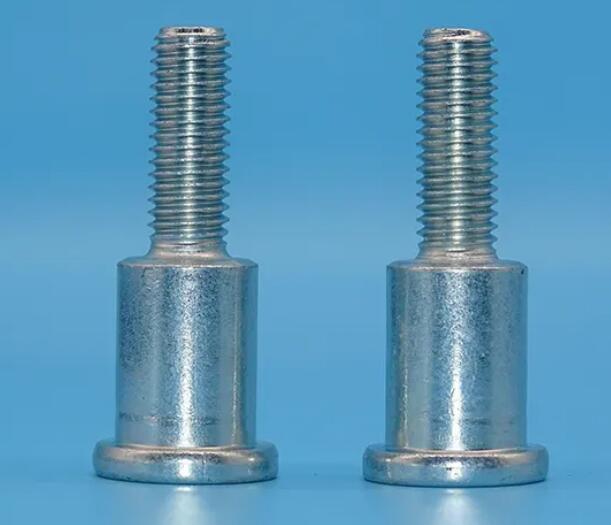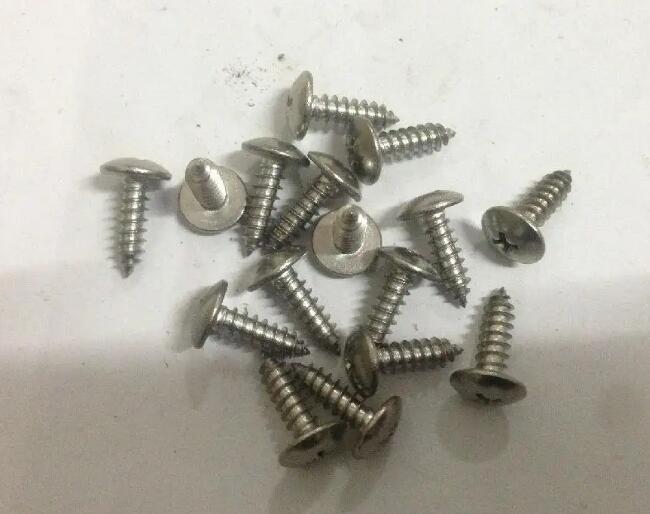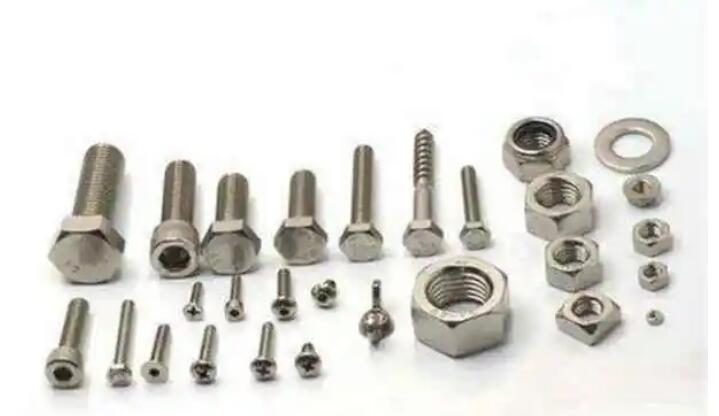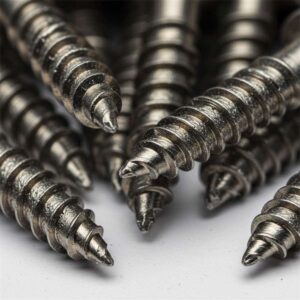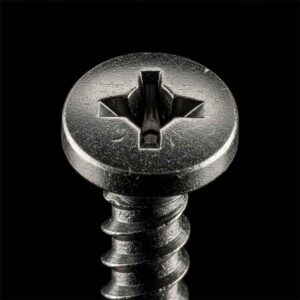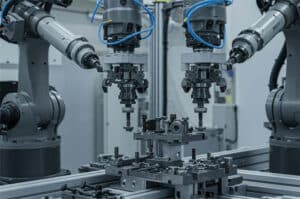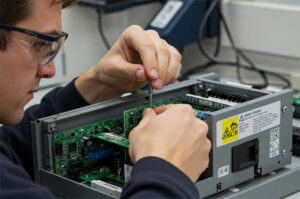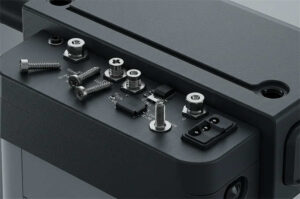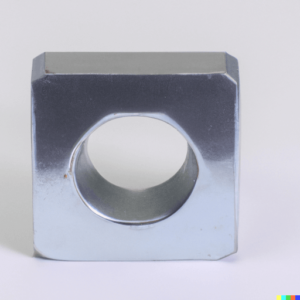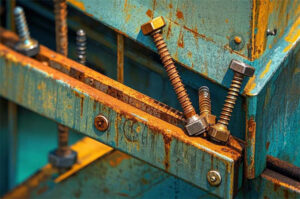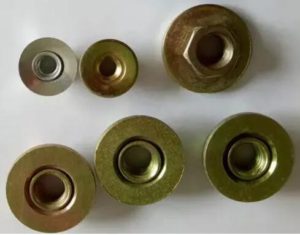Prince Fastener:Product Description of Stainless Steel Fasteners (Bolts, Nuts, Washers)
1. Introduction of stainless steel fasteners (
What is a stainless steel fastener?):
Stainless steel fasteners, also known as stainless steel screws, are mainly used in corrosive or relatively humid environments, because they have the characteristics of strong corrosion resistance, strong rust resistance, durability and beautiful surface.
2. Material classification of stainless steel fasteners:
There are many material classifications of stainless steel, but generally SUS201 material/SUS304 (A2-70) material/SUS316 (A4-70) material/SUS316L material/B8 material material are widely used in the field of fasteners.
1. Usually SUS201 stainless steel is also called stainless iron, which is a relatively low-end product. It is generally used in environments where the rust-proof effect is not required.
2. SUS304 stainless steel, also known as A2-70 stainless steel, is currently one of the most widely used materials in the fastener market. Because SUS304 has good corrosion resistance and rust resistance, the price is relatively moderate, so the selectivity is relatively high
3. SUS316 stainless steel, also known as A4-70 stainless steel, is mainly used to replace environmental products that SUS304 cannot adapt to, such as the highly corrosive environment in the chemical industry, and the environment with relatively high salt and humidity at the seaside. Most of the existing SUS316L on the market are produced according to the American standard. SUS316L has a wide range of applications in the chemical industry due to its excellent corrosion resistance, so customers still need to see when purchasing SUS316L products, whether the products refer to the American standard or the Japanese standard.
4. B8 refers to A193-B8 bolt, A194-B8 nut is a standard name of American Standard, and the corresponding material in China is SUS304 stainless steel.
3. Product classification and standards of stainless steel fasteners
1. Stainless steel hexagon bolts are also called stainless steel hexagon head screws, usually with half-tooth hexagon bolts (standard number: national standard GB5782, German standard DIN931, American standard ANSI/ASME B18.2.1), stainless steel full-tooth hexagon bolts (standard No.: National Standard GB5783, German Standard DIN933, American Standard ANSI/ASME B18.2.1).
2. Stainless steel nuts are also called stainless steel nuts. There are many types of nuts. Let’s introduce some of them. Nuts, etc., German standard DIN934 hexagon nut, American standard ANSI/UNC hexagon nut, American standard SNSI/UNF hexagon fine pitch nut), B, standard number of stainless steel hexagon flange nut: German standard DIN6923 hexagon flange nut, C,
3. Stainless steel flat washers and spring washers are also called stainless steel washers, including DIN125 flat washers, DIN9021 large flat washers, GB848 small flat washers, GB93 spring washers, also known as spring washers, DIN127 spring washers, ANSI/ASME B18.22 1 American standard narrow flat washers , ANSI/ASME B18.21.1 American Standard Spring Washer, GB861.1 Internal Tooth Washer, GB861.2 Internal Serrated Lock Washer, GB893.1 Retaining Ring for Hole Also Called Circlip, GB894.1 Shaft Retaining Ring Also Called External Card, GB862.1 external tooth washer, GB862.2 external tooth washer, etc.
4. The series of stainless steel screws include DIN912 cylindrical head socket head cap screws, also known as cup head screws, DIN7991 hexagon socket head countersunk head screws, also known as flat cup screws, ISO7380 socket head round head screws, also known as round cup and mushroom head screws, GB818 cross pan head Machine screws, GB819 cross-recessed countersunk head machine screws are also called flat machine screws, cross large flat head machine screws, and non-standard customized products for inch and American machine screws, etc.
5 Self-tapping screw series products are also called self-tapping screws. There are GB845 cross pan head self-tapping screws, also called round head self-tapping screws, GB846 cross-recessed countersunk head self-tapping screws, also called countersunk head self-tapping screws, cross large flat head self-tapping screws, etc. Non-standard custom self-tapping screws.
6. Stainless steel stud series include, stainless steel thread DIN975 screw, stainless steel double-ended stud, stainless steel inch stud, stainless steel U-shaped, etc.
7. Stainless steel pressure riveting series products include stainless steel pressure riveting screws, stainless steel pressure riveting nuts, stainless steel open rivet nuts, stainless steel semi-open rivet nuts, stainless steel solid rivet nuts, etc.
8. Stainless steel rivets include open flat round head rivets, countersunk head rivets, and closed rivets, including full stainless steel rivets and semi-stainless steel rivets.
9. Stainless steel hose clamps include American-made hose clamps and German standard hose clamps, stainless steel expansion bolt series, stainless steel wood screw series, stainless steel tightening series, stainless steel plug screw series and so on. The Central Committee will explain to all friends one by one.
4. Why are stainless steel screws locked?
A. The stainless steel screw is locked due to the softness of the stainless steel material and the deflection angle of the thread matching.
1. The force during the locking process is uneven or inclined, resulting in the maximum inclination of the central axis of the stainless steel screw and stainless steel nut, so that the working surface of the stainless steel screw and the stainless steel nut thread is not completely in contact, and the surface force is turned into a point force. The force or the force on each unit increases.
2. The matching of stainless steel screws and stainless steel nuts is a clearance fit, and has their own international standard tolerance range. Therefore, the central axis of the internal and external threads is basically not on the same line when they are matched, and the contact surface of the internal and external threads should be reduced due to the inclination.
3. The larger the deflection angle of the stainless steel screw and the stainless steel nut, the smaller the force-bearing area of the thread fit, and the easier the tooth pattern is damaged.
4. The material of stainless steel screws is relatively soft. If the debris falling off during the locking process will stick together and not fall off, which will affect the smooth entry and exit of the thread, resulting in the death of the bottom and the top of the tooth.
B. Excessive locking force and low thermal conductivity of stainless steel can easily lead to thread locking
1. During the screwing process of the screw and nut, heat is generated due to friction. The thermal conductivity of stainless steel is relatively low, and the pressure and heat generated destroy the chromium oxide layer (the reason why stainless steel is not easy to rust is oxidation layer of chromium), resulting in direct blockage of the metal tooth pattern, and the characteristics of stainless steel are relatively soft, which leads to the phenomenon of adhesion. The greater the tightening force, the greater the heat generated, and the easier it is for the stainless steel in the asan portion of the screw to stick.
2. When locking the stainless steel nut, the locking force (torque force) must be greater than the friction force of the stainless steel screw and the stainless steel nut itself before the nut can be rotated. When the nut rotates and descends along the thread line, the stainless steel screw will stretch due to the action of the reaction force. When the torque (locking force) exceeds the yield point (ie safe torque) of the screw, the screw will have residual strain and remain stretched . When the screw is stretched beyond its elastic range, permanent deformation occurs and the thread locks.
5, How to reduce the locking phenomenon of stainless steel screws and nuts
The locking phenomenon of stainless steel screws and nuts is a relatively common phenomenon, but how can we prevent or reduce the locking phenomenon of stainless steel? Prince Fastener has found in the manufacturing and R&D process for many years that it can be used by smearing some lubricating oil on the nuts and bolts before use, or soaking the nut house in lubricating oil before use, which will reduce the friction between stainless steel screws and nuts. Locked up.
6. Is stainless steel fastener magnetic?
There are many people in life who say that to distinguish whether stainless steel is real or not, you can use a magnet to distinguish it. This statement is wrong, because austenitic stainless steel itself is non-magnetic or weakly magnetic, and martensitic stainless steel and ferrite are Magnetic. When the austenite undergoes our cold heading or processing, its own structure will also be transformed to the martensitic stainless steel, and then the magnetism will become larger. Therefore, it is one-sided and wrong to say that the quality of stainless steel is judged by magnet adsorption in life.
7, Simple analysis of the chemical composition of stainless steel fastener
The corrosion resistance of stainless steel screws decreases with the increase of carbon content. Therefore, the carbon content of most stainless steels is low, and the maximum value does not exceed 1.2%. The Wc (carbon content of some steels) ) or even lower than 0.03% (such as 00Cr12). The main alloying element in stainless steel is Cr (chromium: rust-resistant, corrosion-resistant element). Only when the Cr content reaches a certain value, the steel has rust and corrosion resistance. Therefore, the general Cr (chromium) content of stainless steel should not be less than 10.5%. Stainless steel also contains elements such as Nb, Mo, Si, Ni, Ti, Mn, and N.
8.Are stainless steel fasteners strong?
It is a common misconception that stainless steel is stronger than regular steel. In fact, many stainless steel alloys cannot be hardened by heat treatment due to their low carbon content. As a result, the stainless steel alloys used in bolts are slightly stronger than unhardened (grade 2) steel compared to plain steel, but significantly weaker than hardened steel fasteners. Unless great care is taken, stainless steel fasteners are prone to seizing during installation, a phenomenon known as seizing.
Fastener materials can be very important when selecting fasteners due to differences in material strength, brittleness, corrosion resistance, galvanic corrosion, and cost of stainless steel fasteners.
When replacing fasteners, it is usually best to match the fastener you want to replace. It is not always safe to replace bolts with stronger ones. Hard bolts are generally more brittle and may fail in specific applications. Additionally, some devices are designed to fail bolts before they are more expensive or damage critical items. In some environments, such as salt water, galvanic corrosion must also be considered if the fastener material is changed.
